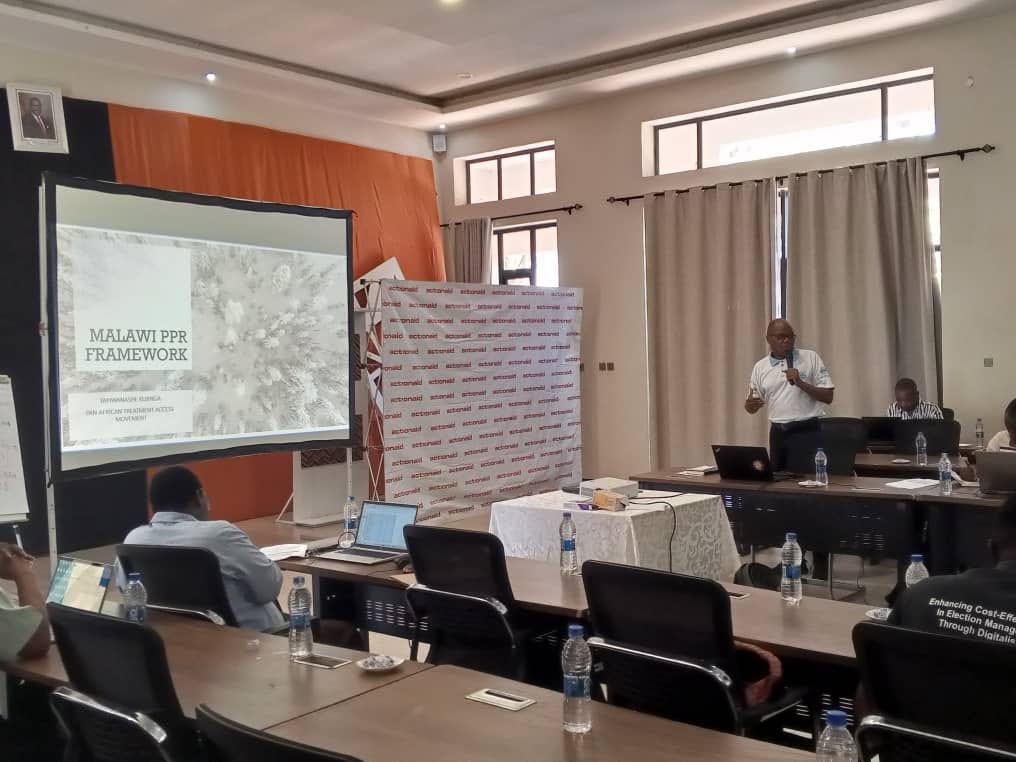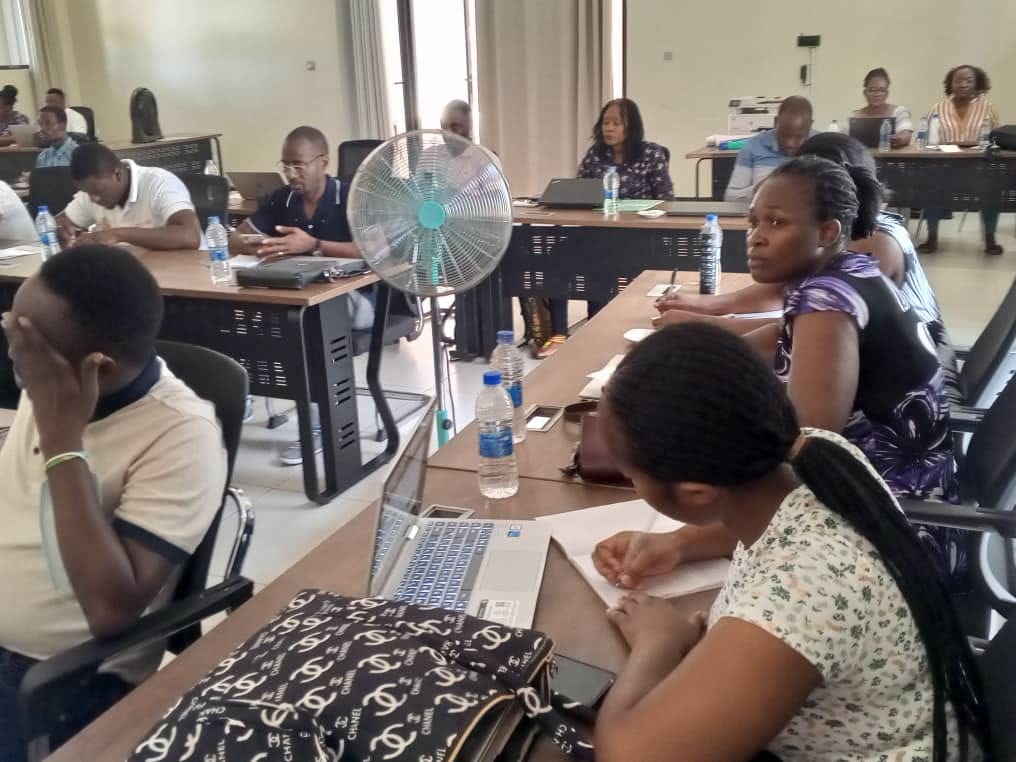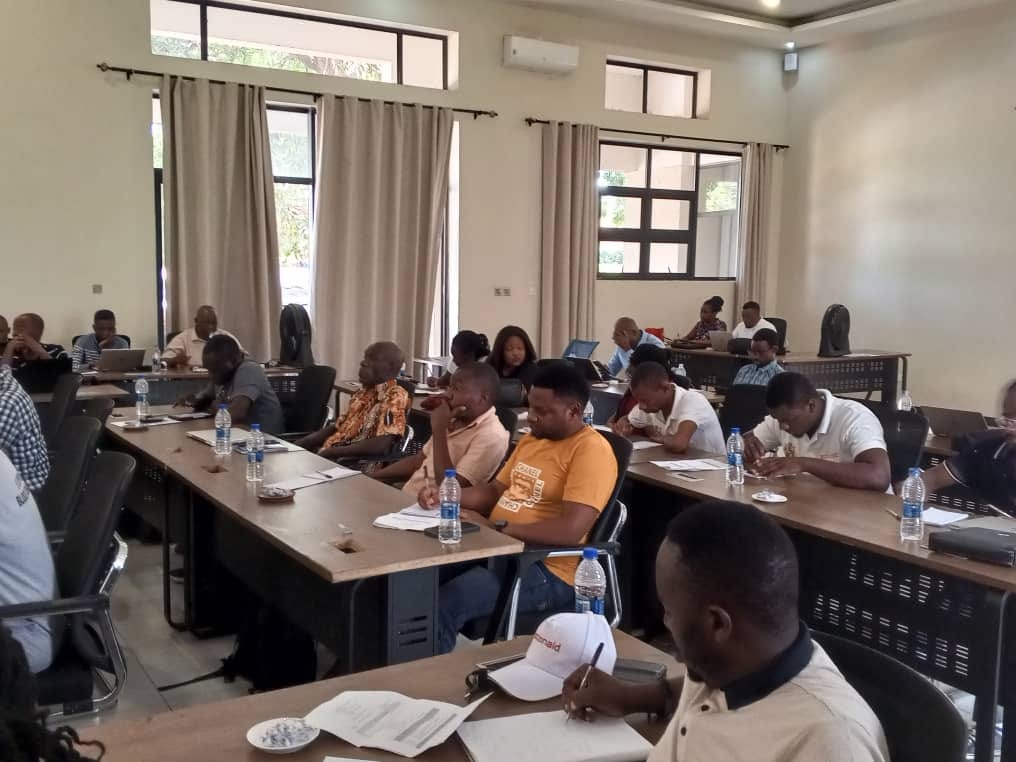Malawi Empowers Communities for Pandemic Preparedness
This collective effort, driven by empowered communities and informed decision-making, will pave the way for a healthier and more resilient Malawi.
SALIMA, Malawi— Health experts and community leaders assembled for a three-day "trainer of trainers" workshop, aimed at bolstering Malawi's pandemic preparedness and response strategies across 12 districts, writes Winston Mwale.
The event transpired from the 12th to the 14th of November 2024.
The workshop, titled COPPER CLM (Communities in Pandemic Preparedness and Response - Community-Led Monitoring), received funding from the Global Fund, channelled through the Ministry of Health's Project Implementation Unit.
The primary objective is to elevate community involvement in health surveillance activities.
On the second day of the workshop, Tapiwanashe Kujinga, one of the facilitators, presented a report on the Malawi Pandemic Preparedness Framework.
Kujinga highlighted the challenges the country has faced in recent times, including the devastating impact of Cyclones Ana, Gombe, and Freddy, which led to widespread destruction and a cholera outbreak.
He emphasized that these events underscore the urgent need for robust pandemic preparedness and response mechanisms.
Kujinga's presentation delved into the intricacies of pandemic reporting, drawing attention to its crucial role within the broader context of surveillance.
He distinguished this specific form of reporting from routine health data reporting, emphasizing its focus on providing timely and accurate information during pandemic situations.
"What is reporting in the context of pandemics or epidemics?" Kujinga posed to the participants.
"It's part of surveillance, but it's part of a particular activity, a particular action."
He stressed the significance of countries fulfilling their mandate to provide a comprehensive account of their health security status, citing the importance of transparency and accountability.
Kujinga further elaborated on the Malawi Health Sector Strategic Plan 3, spanning from 2023 to 2028.
This plan, he explained, builds upon the foundation laid by the preceding two strategic plans, aiming to strengthen the national health system and improve pandemic responsiveness.
Beyond Kujinga's presentation, the workshop provided a platform for valuable feedback and interactive discussions.
Participants, representing various stakeholders, pointed out several critical challenges hindering effective pandemic preparedness and response.
Resource constraints in rural health facilities emerged as a major concern, particularly the lack of essential medical supplies and equipment.
Communication breakdowns between community health workers and district health offices were also identified as a significant obstacle to timely and efficient information flow.
Participants emphasized the need for improved advocacy and engagement strategies, specifically calling for enhanced coordination between community-based organisations and government health departments.
Representatives from pivotal health institutions, including the Public Health Institute of Malawi (PHIM), Community Health Services, and Preventive Health Services, actively participated in the discussions, responding to the raised concerns and outlining their plans to address the identified gaps.
The COPPER CLM initiative, spearheaded by Action Aid Malawi (AAM), is set to run from January 2024 to December 2025, encompassing all three regions of Malawi.
The selected districts for program implementation include Likoma, Rumphi, and Mzimba North in the north; Nkhatabay, Salima, Ntchisi, Mchinji, and Dowa in the central region; and Mwanza, Phalombe, Zomba, and Nsanje in the south.
The workshop's concluding day will be dedicated to practical applications of monitoring tools and comprehensive evaluation sessions.
This hands-on approach aims to equip participants with the necessary skills and knowledge to effectively contribute to community-led monitoring initiatives, ultimately strengthening Malawi's pandemic preparedness and response capabilities.
By integrating community-led monitoring into existing frameworks, such as the Community Health Framework, and collaborating with relevant stakeholders, including community health workers and government agencies, Malawi can foster a more inclusive and effective approach to pandemic preparedness and response.
This collective effort, driven by empowered communities and informed decision-making, will pave the way for a healthier and more resilient Malawi, capable of effectively navigating future health emergencies.






